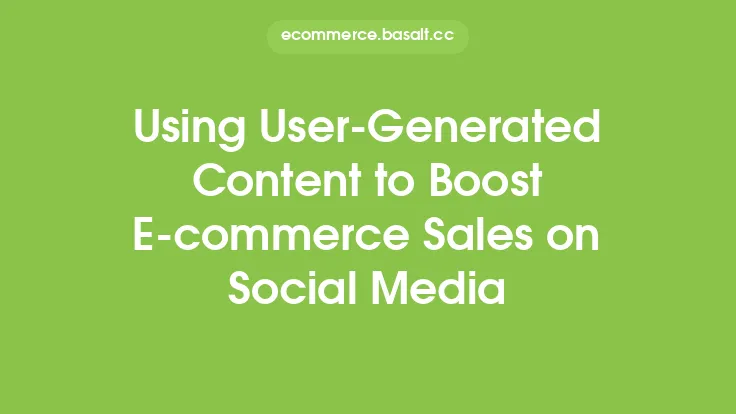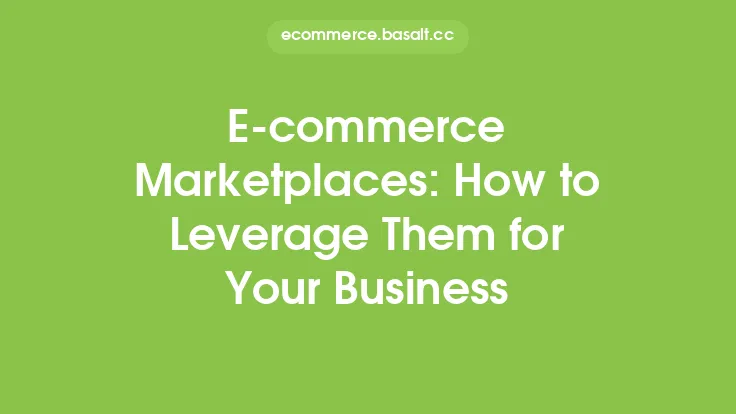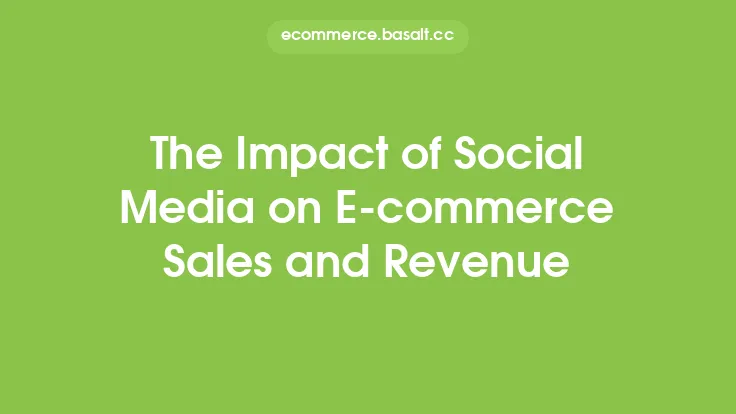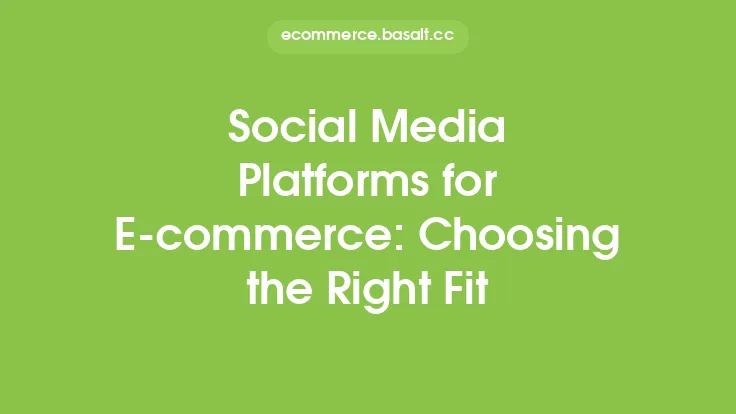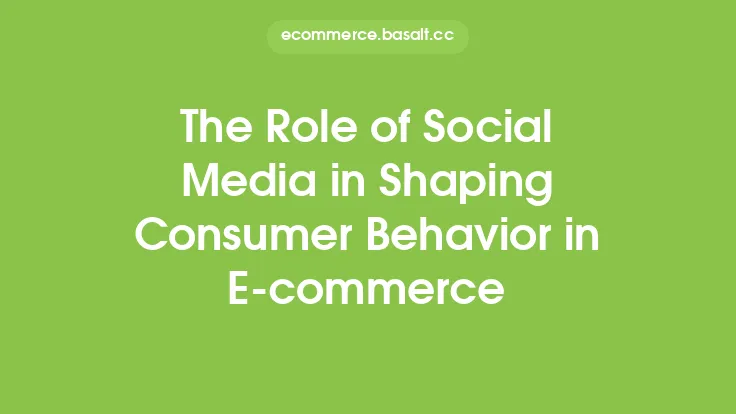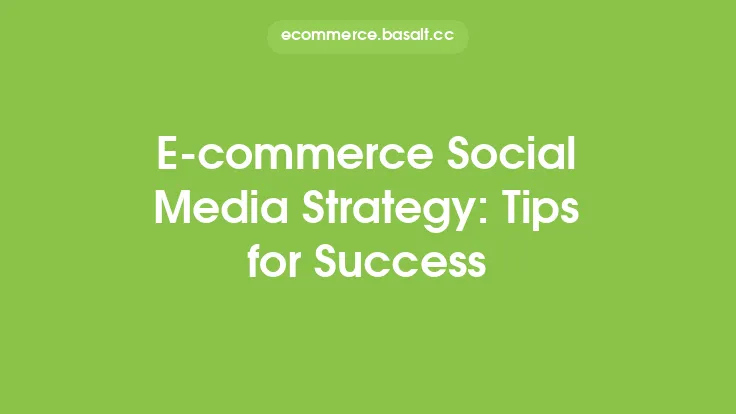In today's digital age, social media has become an essential tool for e-commerce businesses to increase brand awareness and reach a wider audience. With millions of users on various social media platforms, it's no wonder that e-commerce businesses are leveraging social media to build their brand and drive sales. In this article, we'll explore five ways to leverage social media for e-commerce brand awareness, providing you with a comprehensive guide to help you get started.
Understanding Your Target Audience
To effectively leverage social media for e-commerce brand awareness, it's crucial to understand your target audience. This includes identifying their demographics, interests, and behaviors. By understanding your target audience, you can create content that resonates with them and addresses their needs. You can use social media analytics tools to gather data about your audience, such as their age, location, and engagement patterns. This information will help you tailor your content and advertising efforts to reach and engage with your target audience.
Creating Engaging Content
Creating engaging content is critical to leveraging social media for e-commerce brand awareness. Your content should be visually appealing, informative, and entertaining. You can use a mix of content types, such as images, videos, blog posts, and stories, to keep your audience engaged. It's also essential to ensure that your content is consistent with your brand's tone and voice. By creating high-quality content, you can increase engagement, drive website traffic, and build brand awareness. Additionally, you can use user-generated content, such as customer reviews and testimonials, to add social proof and credibility to your brand.
Utilizing Influencer Marketing
Influencer marketing is a powerful way to leverage social media for e-commerce brand awareness. By partnering with influencers who have a large following in your target audience, you can increase your brand's reach and credibility. Influencers can help promote your products or services to their followers, providing social proof and driving sales. When choosing influencers to partner with, consider their relevance to your brand, their engagement rates, and their audience demographics. You can also use influencer marketing platforms to discover and connect with influencers who align with your brand's values and target audience.
Running Social Media Ads
Running social media ads is an effective way to leverage social media for e-commerce brand awareness. Social media platforms, such as Facebook and Instagram, offer a range of advertising options, including sponsored posts, display ads, and video ads. By running social media ads, you can increase your brand's visibility, drive website traffic, and drive sales. You can target your ads to specific audiences based on demographics, interests, and behaviors, ensuring that your ads are seen by people who are most likely to be interested in your products or services. Additionally, you can use social media analytics tools to track the performance of your ads and optimize them for better results.
Building a Community
Building a community on social media is essential to leveraging social media for e-commerce brand awareness. By creating a community around your brand, you can increase engagement, drive loyalty, and build brand awareness. You can build a community by responding to comments and messages, hosting giveaways and contests, and creating exclusive content for your followers. Additionally, you can use social media groups to connect with your audience and provide them with exclusive offers and promotions. By building a community, you can create a loyal following of customers who will advocate for your brand and drive word-of-mouth marketing.
Measuring and Optimizing Performance
Finally, it's essential to measure and optimize your social media performance to ensure that your efforts are driving results. You can use social media analytics tools to track your performance, including metrics such as engagement rates, website traffic, and sales. By analyzing your performance data, you can identify areas for improvement and optimize your social media strategy to better achieve your goals. Additionally, you can use A/B testing to test different content types, ad targeting options, and messaging to see what works best for your brand. By continuously measuring and optimizing your performance, you can ensure that your social media efforts are driving real results for your e-commerce business.
